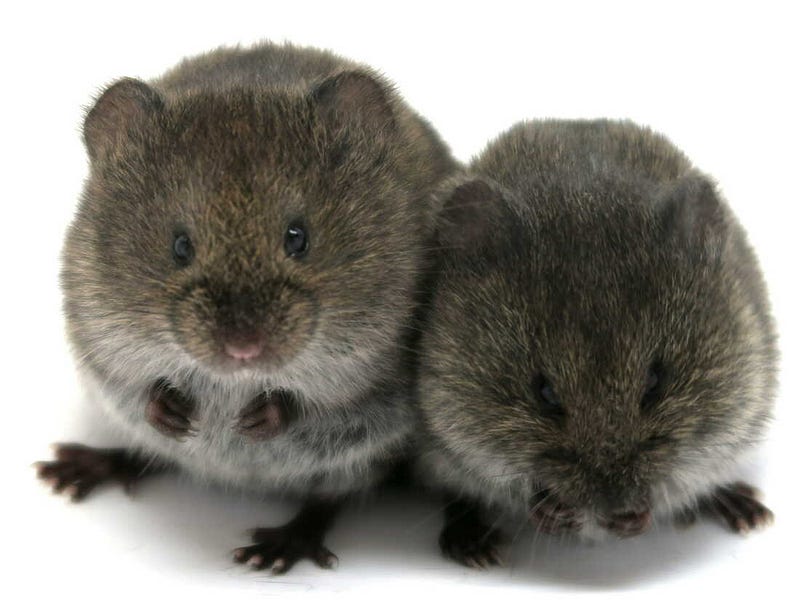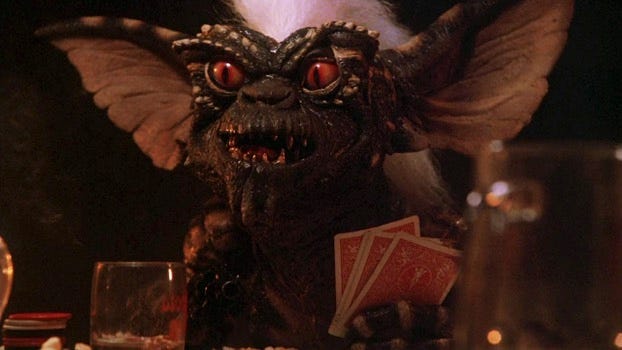# Prairie Voles and the Curious Case of Oxytocin
Written on
Chapter 1: The Love Life of Prairie Voles
Prairie voles have become a central focus for researchers delving into human emotional connections. Their notable characteristic? An impressive ability to form lasting bonds. Once they find their perfect furry companion, they remain together for life, which, despite averaging two years, is a commendable commitment.
A recent publication in the journal Neuron highlights a fascinating experiment aimed at disrupting these bonds by altering the voles' sensitivity to the so-called ‘love’ hormone, oxytocin. The researchers aimed to investigate how this hormone influences various behaviors in prairie voles, including parenting, milk production, and the establishment of social bonds.
Their intention was to create a scenario where these voles could no longer connect with each other—imagine a world filled with lonely voles, unable to form relationships or start families, left to spiral into despair.
This approach mirrors previous studies where scientists obstructed oxytocin in adult prairie voles using pharmaceuticals. They expected that blocking this receptor would yield similar results, leading to voles that were just as isolated and unhappy as many humans.
It's akin to witnessing a child take their first steps, only to push them down or pouring salt on snails. It feels cruel, much like putting Jack Nicholson through a lobotomy—at least he won an Oscar for his performance.

However, to the researchers' astonishment, these prairie voles managed to fall in love regardless of the hormonal disruptions. They even reproduced, though the mothers had some difficulty producing milk due to their genetic modifications.
This phenomenon raises questions about the role of another molecule, vasopressin, which may play a part in their bonding. One wonders if this will be the next target in the scientists' quest to disrupt love.
Perhaps a better approach would be to study human behavior through direct observation of humans themselves. A small incentive can lead people to engage in unexpected actions—just look at how they behave during jury duty.
What if we could get that individual who insulted Christina Applegate at the Golden Globes to take oxytocin until they feel remorse? Just let the prairie voles be; they already face enough challenges from predators like hawks and raccoons. They deserve to retreat to their burrows and enjoy some cozy time together, perhaps with a bit of Barry White playing in the background.
If researchers continue down this path, they should proceed with caution. There's a significant risk involved in tampering with nature.
Exhibit A:

Betsy Denson believes prairie voles can rival Gremlins in terms of charm and chaos. Thanks to Andrew Rodwin for his insightful edits on this piece.
Want more Muddy Um?
Chapter 2: The Vole Chronicles
Here at Eastwood Elementary, we have a strict policy against vandalism, especially of the bodily fluid variety. We were just as shocked as you to learn that your son, Logan, decided to relieve himself from a second-floor window last Tuesday.
Chronos, the God of Time, presents your writing prompts for February and March—timeliness is next to creativity.

Brand art by David Todd McCarty.